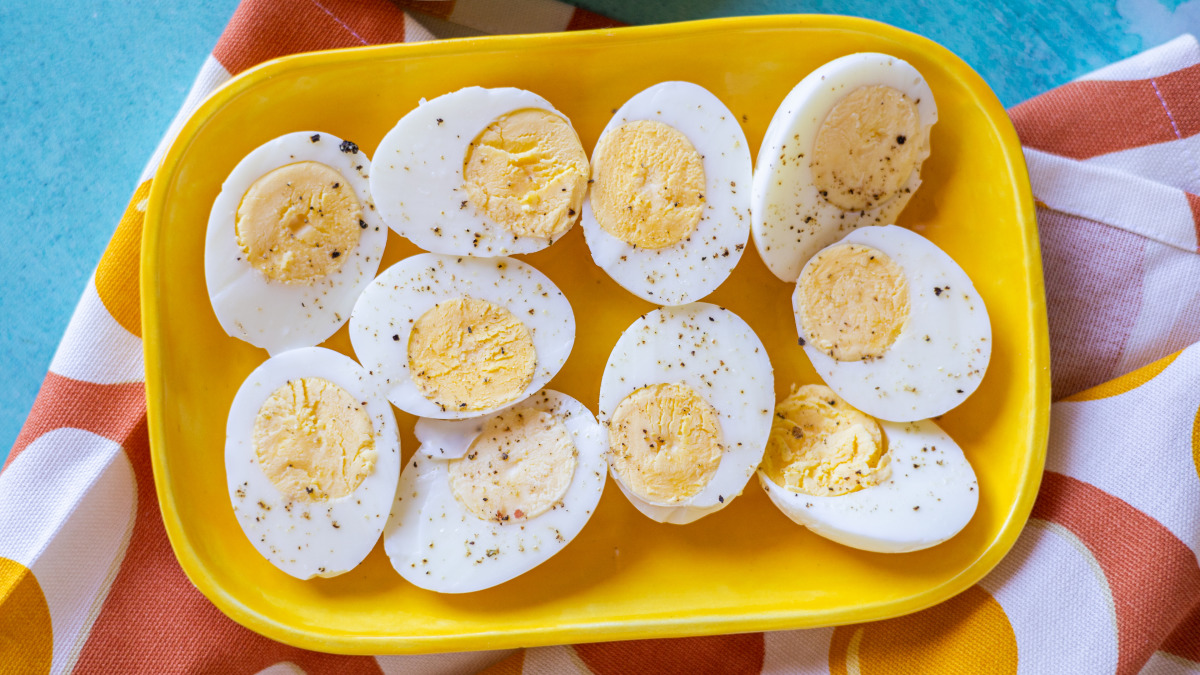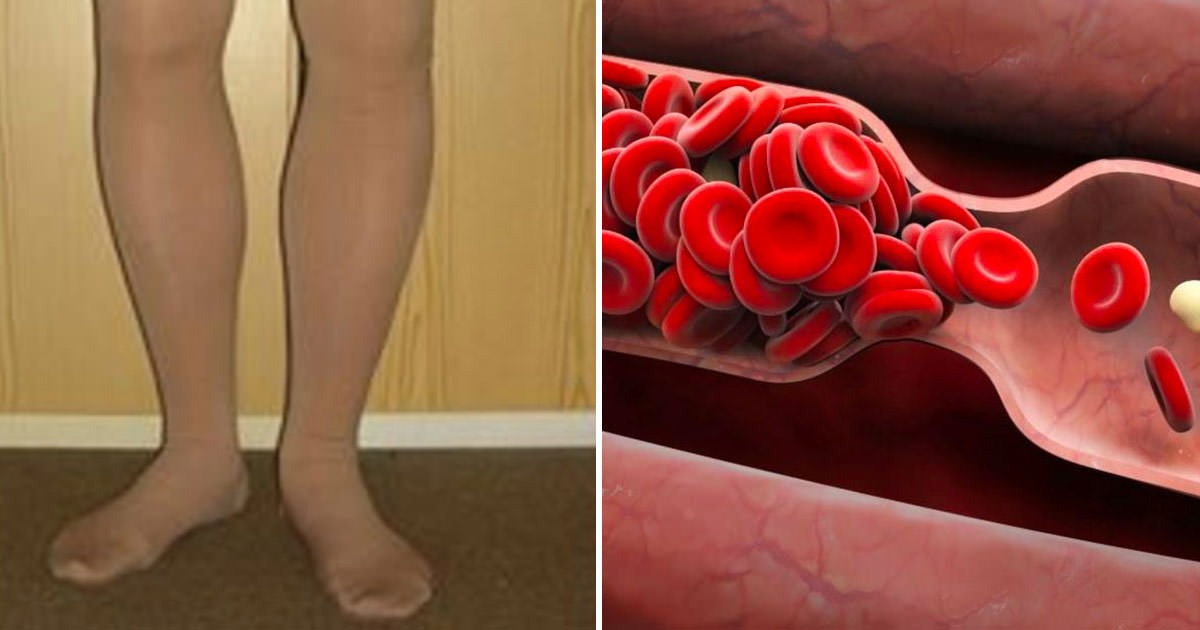SK. I Tried the Egg Diet for a Week — Here’s What Happened
Can Eating Eggs Really Help You Lose Weight?
When it comes to simple, nutritious foods, eggs have long been a favorite. Packed with protein, healthy fats, and essential vitamins, they’re a staple in many kitchens around the world. But what if you centered your entire diet around them?

That’s exactly what I decided to find out when I started the “egg diet”—a short-term, low-calorie eating plan that places eggs at the core of every meal.
In just seven days, I noticed surprising changes not only in my weight but also in my overall energy levels and eating habits. Here’s a breakdown of my experience, the structure of the egg diet, and what you should know before trying it yourself.
What Is the Egg Diet?
The egg diet is a high-protein, low-carbohydrate plan that prioritizes whole foods and controlled portions. While there are several variations, the core idea remains consistent: eggs are the main source of protein, and they’re typically paired with low-carb vegetables, lean proteins, and small amounts of fruit.

Unlike crash diets, the egg diet is not about starving your body—it’s about fueling it with filling, nutrient-rich foods while cutting out excess sugars and processed carbs.
Common versions include:
-
Traditional egg diet: 2–3 eggs per meal, paired with vegetables and lean proteins like chicken or fish.
-
Egg and grapefruit diet: Similar to the traditional version, but includes half a grapefruit per meal for added fiber and vitamin C.
-
Boiled egg diet: Focuses on hard-boiled eggs, often accompanied by leafy greens and very limited fruit.
Most versions recommend following the plan for 5 to 14 days, depending on your goals and nutritional needs.
Why I Gave It a Try

I’ve always enjoyed eating eggs, whether scrambled for breakfast or added to salads and stir-fries. But I never imagined they could form the foundation of a complete dietary plan.
That changed when my doctor suggested the egg diet as a short-term reset to help me address sluggish energy, frequent cravings, and mild weight gain. Encouraged by the science behind it—and my love of eggs—I decided to commit to a 7-day egg-based plan.
Day-by-Day Experience: What I Ate
Here’s a glimpse of what a typical day looked like on my version of the diet:
Day 1–3: Getting Into the Rhythm
Breakfast:
-
2 boiled eggs
-
1/2 grapefruit
-
Green tea (no sugar)
Lunch:
-
Grilled chicken breast
-
Steamed broccoli
-
1 boiled egg
Dinner:
-
2 scrambled eggs
-
Spinach sautéed in olive oil
-
Cucumber slices
These first few days were all about adjusting to the reduced carbs. I missed bread and rice, but the eggs were surprisingly filling. Drinking plenty of water helped curb cravings.
Day 4–5: Boost in Energy
By midweek, I noticed a significant increase in mental clarity and steady energy levels. I didn’t feel bloated after meals, and I was naturally drinking more water than usual.
I also became more creative with meals—adding herbs, swapping vegetables, and even making egg muffins with spinach and bell pepper.
Day 6–7: Results Begin to Show
On day six, I stepped on the scale and saw I had lost 2.5 kg (about 5.5 lbs)—a motivating moment. More importantly, my digestive system felt lighter, and my mood was consistently positive.
Health Benefits I Noticed
While weight loss was one goal, I was equally impressed by the non-scale victories I experienced:
-
Reduced cravings: The high-protein content kept me full longer.
-
Steady energy: Without sugar spikes or crashes, I felt more balanced throughout the day.
-
Better digestion: The focus on clean, whole foods helped reduce bloating.
-
Improved discipline: Following a structured plan taught me to plan meals mindfully.
Things to Keep in Mind

1. Consult Your Doctor First
The egg diet is not suitable for everyone—especially those with cholesterol concerns, food allergies, or metabolic conditions. Always seek professional advice before making significant dietary changes.
2. It’s Not a Long-Term Solution
This plan works best as a short-term reset, not a permanent lifestyle. I personally followed it for seven days and then transitioned into a more balanced meal plan that still included eggs—just not at every meal.
3. Hydration and Variety Are Key
Drink plenty of water and include different vegetables to avoid boredom and nutrient gaps. I also added a multivitamin after consulting my doctor.
Can You Lose Weight on the Egg Diet?
Yes, but like any eating plan, results depend on consistency, your starting point, and your individual metabolism. What makes the egg diet stand out is its simplicity, accessibility, and ability to deliver results in a relatively short amount of time.
That said, long-term health is about more than just weight loss—it’s about finding sustainable habits that support your goals.
Final Thoughts: Would I Do It Again?
I don’t believe in “miracle diets,” but I do believe in structured, mindful eating, especially when trying to reboot your relationship with food. For me, the egg diet was a helpful, manageable tool that offered fast results and set me on the path toward better choices.
Would I do it again? Possibly—but I’d first check in with my doctor and make sure it fits within my broader goals.
If you’re curious about the egg diet, do your research, talk to a professional, and listen to your body. Every person’s needs are different, and the best diet is the one that supports your health—not just your scale.













